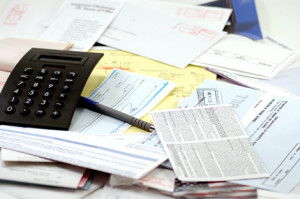Dear Liz: For several reasons you recommend using online services from the bank or credit union to pay bills. I use that method for most of our bills, but not all. Some vendors want us to set up a process where they are able to pull the desired payment directly from our account. Given the regular reports of data breaches at corporations that should know better, I refuse to give them the required permissions. Am I wrong in this?
Answer: The issue is less about potential breaches and more about getting automated payments to stop when you want them to.
Some companies make it easy to sign up for their services and devilishly hard to cancel them. Gym chains are notorious for this. Federal laws protect your right to cancel automatic payments, but you may have to enlist your bank to get the most pernicious companies to stop charging you.
If you have any doubts that your cancellation order would be honored, consider setting up automatic payments using a credit card instead of giving the company direct access to your checking account.
 When Bruce McClary was a housing counselor, his clients regularly showed up for appointments with grocery bags full of unopened bills.
When Bruce McClary was a housing counselor, his clients regularly showed up for appointments with grocery bags full of unopened bills.